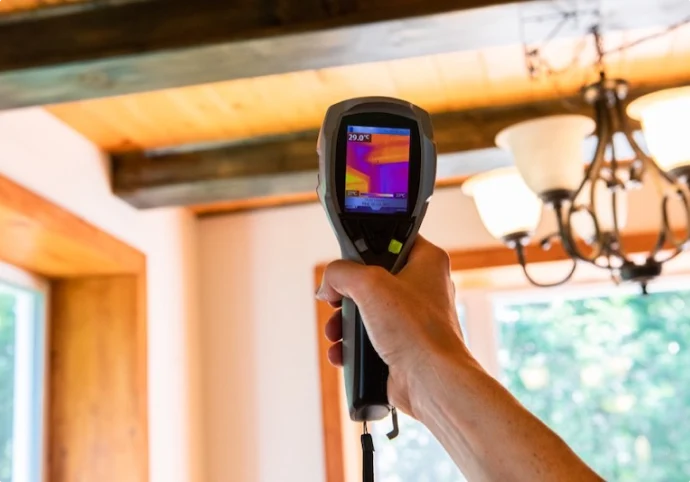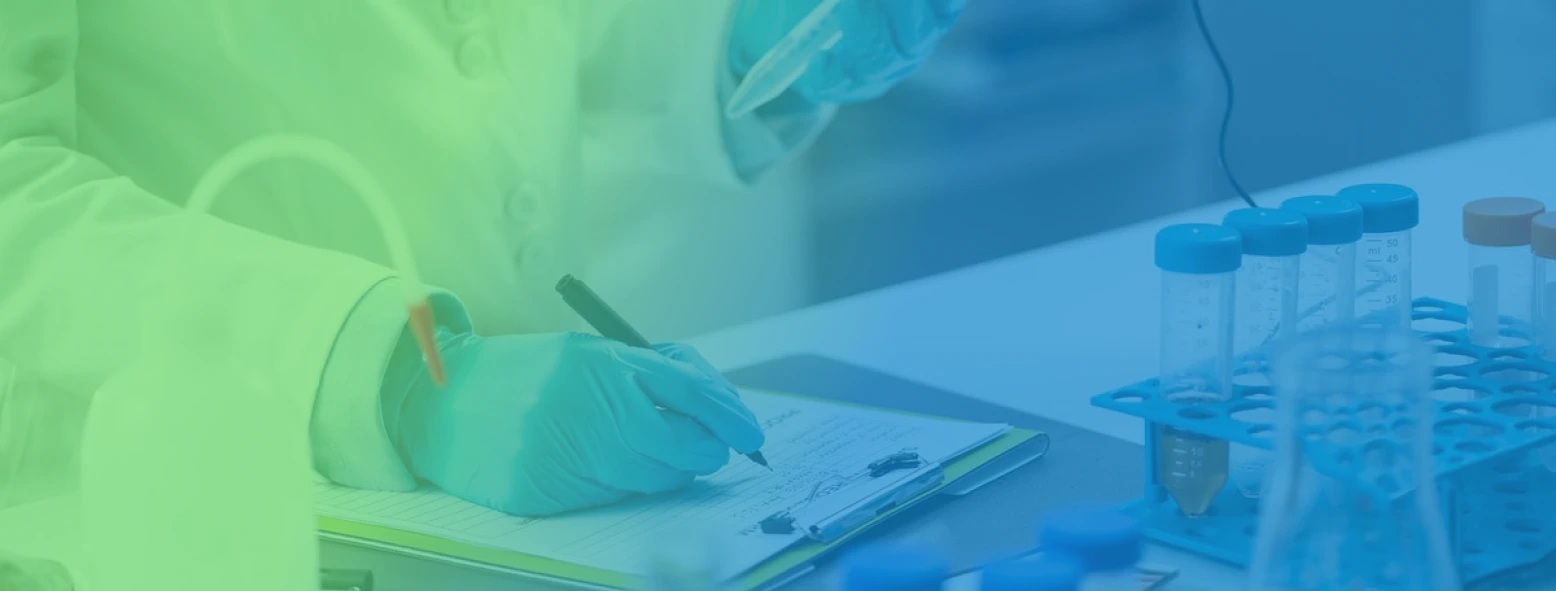Service: Source Emission Monitoring / Ambient Air Quality Monitoring
Service Description:
All testings shall be performed in compliance with the rules and regulations set forth by the Singapore’s National Environment Agency (NEA) - Environmental Protection and Management Act, 2008 “Environmental Protection and Management (Air Impurities) (Amendment) Regulations 2015”, and also reference to “Special Emission Standards for Waste Incinerators” and or any other requirements necessary for a complete compliance as required by the Singapore government.
Destruction Efficiency (DE) is defined as the percentage of Principal Organic Hazardous Constituent (POHC) ie. pollutant indicator destroyed or irreversibly transformed by a particular method or technology and shall meet the NEA’s DRE guidelines of 99.9999%.
Destruction Removal Efficiency (DRE) only considers emissions to air and is the percentage of original POHC irreversibly transformed and removed from gaseous emissions and shall meet the NEA’s DE guidelines of 99.999%.
Hence, the difference lies in the fact that DE considers all residual POHC that remains after the incineration process while DRE only involves measuring the residual POHC found in the flue gas from the discharge stack after the air pollution control equipment. The formulae for calculating DE and DRE are as follows:
DE = (POHC content within waste – POHC content within gas, liquid and solid residual) / POHC content within the waste.
DRE = (POHC content within waste – POHC content within gas residual) / POHC content within the waste.
The main sources of air pollution in Singapore are emissions from the industries and motor vehicles. From time to time, transboundary smoke haze from land and forest fires in the region also affect Singapore’s air quality, particularly during the Southwest and Northeast monsoon periods.
As international air quality benchmarks such as the World Health Organisation Air Quality Guidelines (WHO AQGs) are constantly reviewed, NEA established the Advisory Committee on Ambient Air Quality in July 2010 to recommend air quality targets for Singapore. Axiomlab are able to offer ambient air quality monitoring and assessment to meet these requirements to support process industries, initial plants set up baseline ambient air quality studies, etc.

Your sustainability goals
starts here
Fill up our enquiry form to explore our comprehensive range of environmental testing and assessment that suits you.
Click to Enquire
